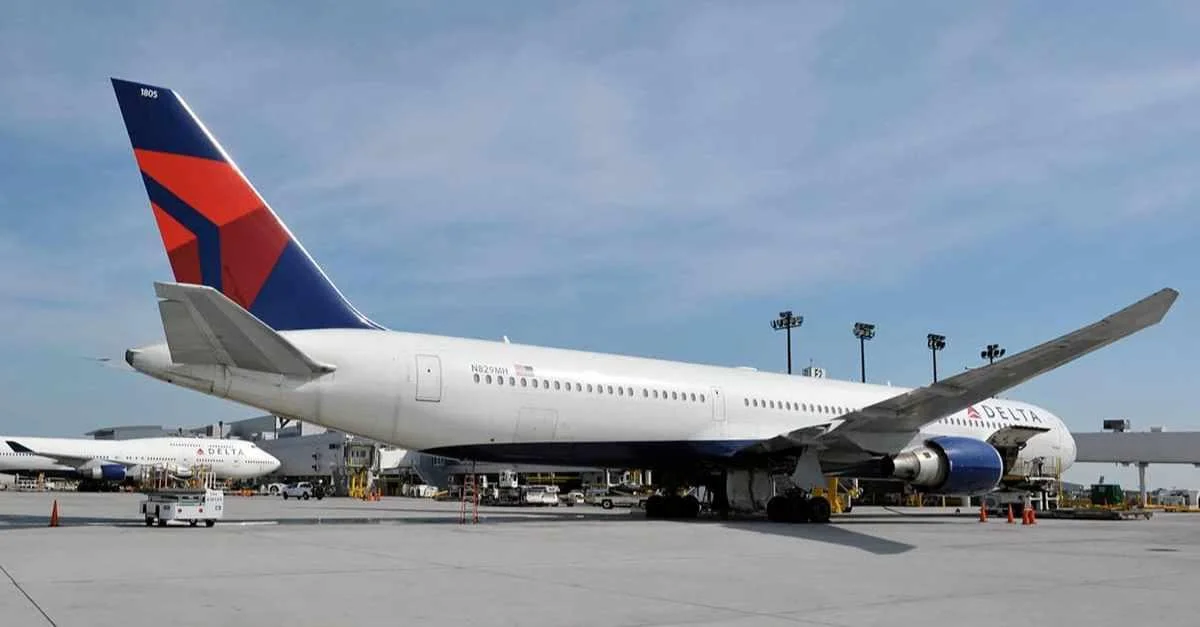Beechcraft introduced the King Air 300 in 1984 as an upgraded version of the highly successful 200. It featured more powerful Pratt & Whitney PT6A-60A engines and was certificated for a maximum takeoff weight (MTOW) of 14,000 pounds.
The Beech King Air has consistently ranked high in popularity and owner loyalty. The brand's success stems from many factors, including the Beechcraft reputation for top build quality and after-sale customer service, as well as the aircraft's fine performance and comfort. The King Air provides passengers with a solid, relatively quiet ride akin to that of a large luxury car.
Pilots admire its handling qualities, P&W Canada PT-6 reliability and performance, and stable instrument platform for all-weather operations. Beech Aircraft produced many iterations from its inception to today’s models like the King Air 360. In 2014, Textron acquired both Beech Aircraft Company and Cessna Aircraft Company.
By 1984, due to economic changes and evolving European regulations, Beechcraft saw the need to produce a hybrid King Air 300 to maintain its market presence across Europe.
In the '80s, European countries enacted measures taxing airspace users through various user fees targeting aircraft over certain MTOW thresholds—primarily those above 12,500 pounds MTOW—due to their presumed commercial use. These included UK’s APD tax on departing passengers and EUROCONTROL’s en route airway fees within EU airspace.
Raytheon Beechcraft responded by creating a lighter B300 variant addressing these "twelve five" weight issues while maintaining capabilities demanded by customers needing cost-effective operations under these regulations.
Performance-wise, despite reduced weight affecting range slightly—1,480 NM compared to standard's 1,570 NM—the aircraft retained much capability with superior climb rates (3,277 ft/min vs. standard’s 2,844 ft/min) and marginally higher cruise speeds (315 knots vs. standard's at 312 knots).
The market reception saw sales primarily within Europe where lower MTOW provided advantages amidst such regulations or cost considerations; simultaneous production alongside standard versions allowed conversion flexibility via manufacturer-provided kits comprising revised airspeed indicators/Air Flight Manual revisions between variants.
From '84-'94 saw around230 Model deliveries yet historical features suggest only about35 LW units were delivered—indicative small subsets relative overall productions aimed circumventing taxes/fees without altering type ratings requiring BE-300 qualifications given similar systems/characteristics overall designs otherwise identical BE-30 standards across pilots/operators alike sustaining competitive presences amidst evolving niches markets segments showcased adaptabilities platforms against pressures challenges therein thus continuing strongholds globally throughout turboprop markets varied regions wide ultimately...
---
 Alerts Sign-up
Alerts Sign-up

























